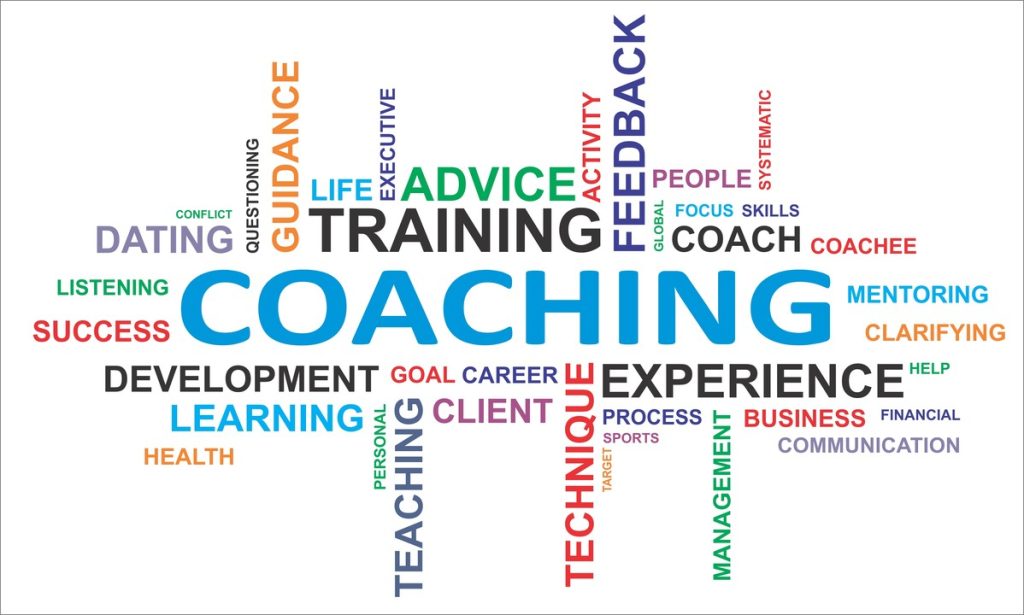In any professional or personal setting, feedback and coaching play a crucial role in fostering growth, enhancing skills, and driving performance improvements. Whether in corporate environments, educational institutions, or personal development, effective feedback and coaching lead to greater self-awareness, motivation, and success.
This article explores the significance of feedback and coaching, the essential skills required, and practical strategies to create a positive feedback culture that promotes continuous learning and improvement.
Understanding Feedback and Coaching
What is Feedback?
Feedback is the process of providing constructive insights on an individual’s performance, behavior, or skills with the aim of improvement. It can be formal or informal, given by managers, peers, or mentors.
What is Coaching?
Coaching involves guiding individuals toward achieving their goals by enhancing their self-awareness, developing skills, and refining their approach to challenges. Effective feedback coaching helps individuals take actionable steps toward personal and professional growth.
The Importance of Feedback and Coaching
Incorporating feedback and coaching into an organization or personal development journey has multiple benefits:
- Improved Performance: Employees who receive regular feedback perform better and feel more engaged.
- Skill Development: Targeted feedback helps individuals improve competencies and build expertise.
- Enhanced Employee Satisfaction: A culture of open communication fosters a positive work environment.
- Increased Accountability: Feedback promotes responsibility and ownership of tasks and goals.
- Stronger Leadership and Teamwork: Leaders who provide constructive feedback and effective coaching help teams work cohesively and efficiently.
Essential Feedback and Coaching Skills

To effectively provide feedback and coaching skills, individuals should develop the following abilities:
1. Active Listening
Understanding the concerns, perspectives, and needs of the individual receiving feedback is essential.
2. Constructive Communication
Providing clear, honest, and solution-oriented feedback ensures the recipient benefits from the insights.
3. Emotional Intelligence
Recognizing emotions in oneself and others helps in delivering feedback sensitively and effectively.
4. Goal Setting and Action Planning
Coaching requires the ability to help individuals set realistic goals and create actionable strategies for improvement.
5. Adaptability and Patience
Each person responds differently to feedback, so adjusting coaching techniques accordingly is crucial for success.
Common Challenges in Feedback and Coaching
While feedback and coaching are valuable, they come with challenges, including:
- Resistance to Feedback: Some individuals struggle with accepting criticism or suggestions.
- Lack of Clarity: Poorly delivered feedback can lead to confusion and frustration.
- Inconsistent Coaching Practices: Without a structured approach, coaching efforts may be ineffective.
- Fear of Confrontation: Many managers avoid giving feedback due to concerns about negative reactions.
Strategies for Effective Feedback and Coaching

1. Create a Positive Feedback Culture
Encourage open communication and ensure feedback is seen as a tool for growth rather than criticism.
2. Use the SBI Model (Situation-Behavior-Impact)
Frame feedback based on specific situations, behaviors observed, and their impact on outcomes.
3. Balance Positive and Constructive Feedback
A mix of praise and areas for improvement helps individuals feel motivated rather than discouraged.
4. Offer Continuous and Real-Time Feedback
Regular feedback ensures individuals can make incremental improvements rather than waiting for annual reviews.
5. Utilize an Individualized Approach
Tailor coaching techniques to the unique needs and learning styles of each individual.
Conclusion
Developing a strong approach to feedback and coaching is essential for personal and professional success. By refining feedback and coaching skills and adopting a structured feedback system, individuals and organizations can create a culture of continuous learning and development. Effective feedback coaching enhances communication, performance, and overall team success, making it an invaluable tool for growth.
